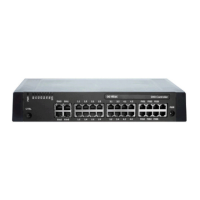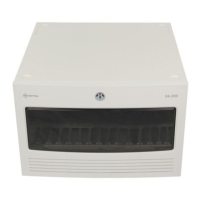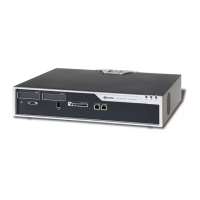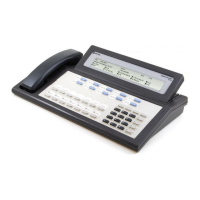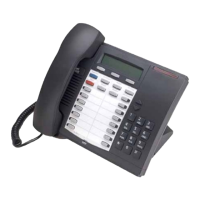SECTION
MITL9105/911
O-096350-NA
._
-:.
:
Remote Control RMAT
2.14 The Remote Control System (RCP) card, can be fitted in slot 16
of the System shelf to provide the System console button
functions remotely, under the control of the RMAT Controller (see
Section
MITL9105/9110-98-101-NA).
The main components of the RCP
card are as follows:
l
The Micro-Processor Unit (MPU), which acts on commands re-
ceived from the RMAT Controller via the modem.
0
MEMORY PROM/RAM, which contains programmed memory and
scratch pad memory for storage and execution of commands.
0
MODEM, which provides the necessary tone transmitter and
receiver, and contains the handshaking circuitry required to
interface the MPU with the external 2-wire line.
a
TRUNK INTERFACE, to provide the proper termination to the line
with regard to impedance, ringing and supervisory condition.
l
MASTER/SLAVE INTERFACE, to enable the MPU to access the
System data bus and control lines.
Receiver
Card
2.15
The dual-receiver card has two rotary dial and two DTMF re-
ceivers. Having received each dialed digit, the receiver informs
the processor and prepares for the next digit. The dual-receiver card
contains no
LEDs
or switches. The quad-receiver card contains four
rotary dial, four DTMF receivers, four dial tone detectors, and four sets
(two each) of
LEDs
labeled Al
Bl,
A2
82,
A3
83
and A4 B4. In each
case, the A LED indicates a busy condition and the B LED indicates a
busied-out condition.
Trunk Card
2.16
The Trunk card contains either two or four trunks depending
upon the trunk type (Figure 2-3
-
four CO Trunks, two E&M Tie
Trunks, or two DID Trunks per card). These circuits provide the inter-
face between the system and the Central Office, other systems, or
other equipment. Each trunk circuit repeats dial pulse signals from the
speech path to the Tip and Ring and passes DTMF signals directly from
the speech path to the trunk for outgoing calls. The busy switches on
the trunk card may be used to make a trunk continuously busy. If the
trunk is in use when the switch is set, the existing call is not disturbed.
For exact details of the trunk busy switches, see Table 2-3.
(a) Trunk Busy/Idle
LEDs:
Each trunk circuit has associated with
it a LED which shows the busy/idle status of the trunk as
follows:
,’
-
Trunk circuit idle
-
LED OFF
-
Trunk circuit seized
-
LED ON
Page 10
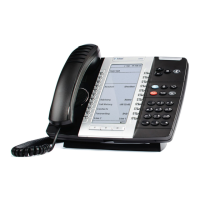
